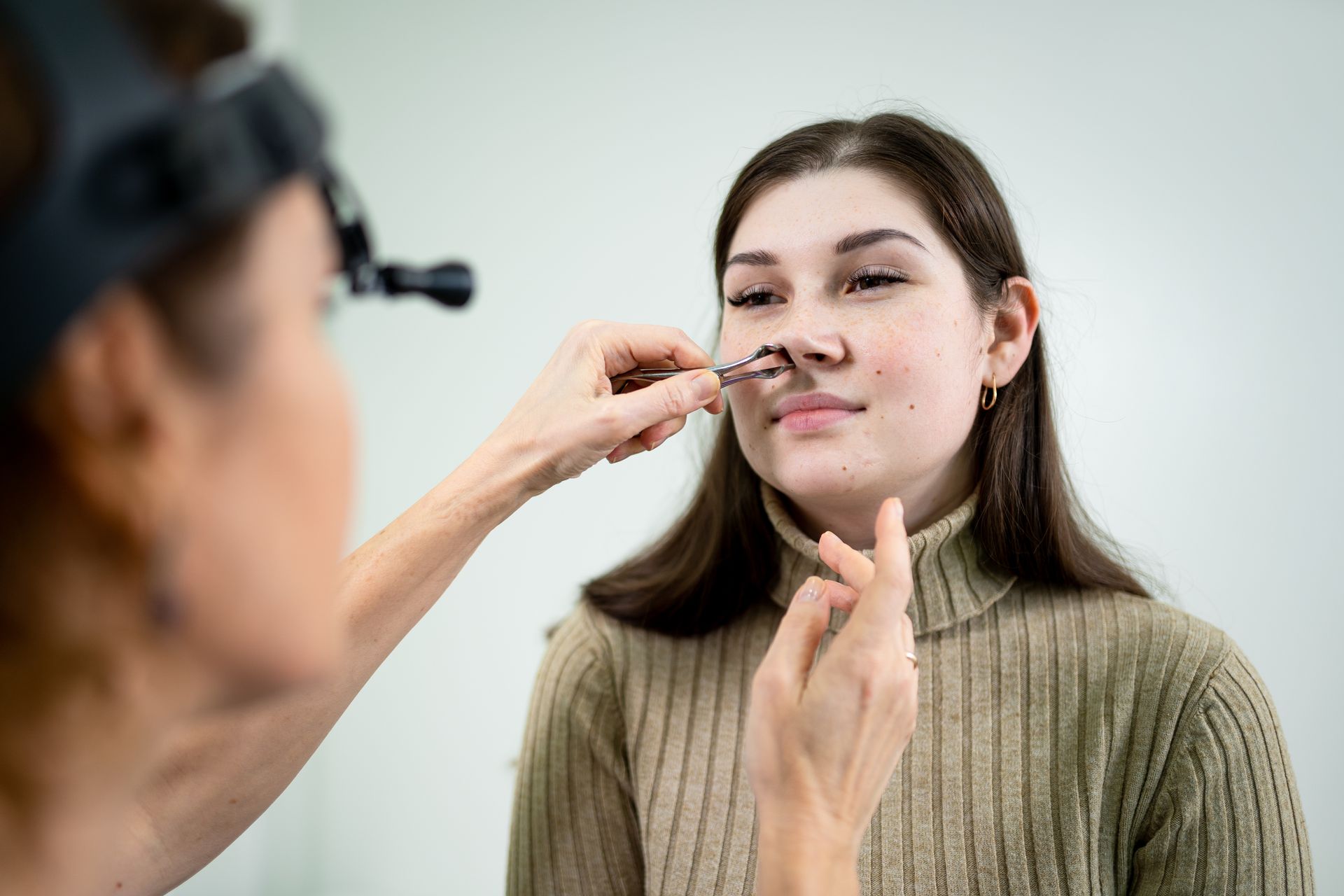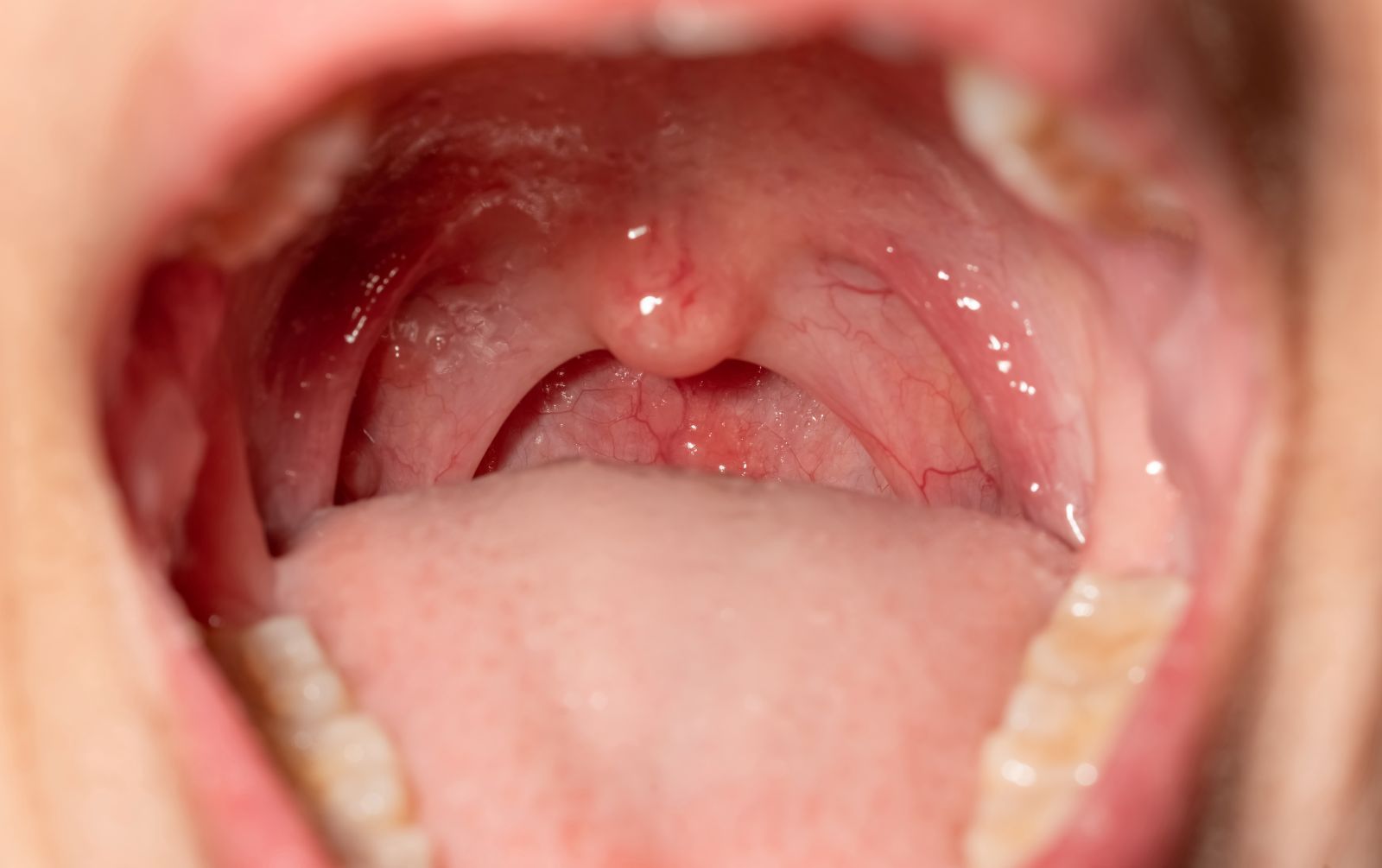A Handy Guide to Anaphylaxis
Anaphylaxis is a severe allergic reaction that can be life-threatening, and the risk of anaphylaxis increases for patients with asthma and allergies. It’s important to be equipped with all the information you need to be prepared in case of an emergency.
Keep reading for a summary of everything you need to know about anaphylaxis.
What Is Anaphylaxis?
Our immune system is akin to our lifeguard. Whenever a harmful bacteria or virus enters, the immune system responds by producing antibodies to fight the invasion. Unfortunately, in some people, the immune system mistakes unharmful substances for threatening ones and responds with a flood of antibodies. This flood of chemicals sends the body into a state of shock: blood pressure drops and airways narrow. If not countered with an epinephrine injection, anaphylactic shock could be lethal.
What Are the Symptoms?
You should be aware of the symptoms of an anaphylactic shock because the reaction can escalate within minutes or even seconds, leaving no room for any doubts. Seeking emergency medical attention is necessary. Never wait to see if their symptoms subside before getting help.
Patients should be on the lookout for skin responses such as hives, itching, and changes in skin color, either flushed or pale. Anaphylaxis may also cause a drop in blood pressure, leading to hypotension, as well as airway constriction and swelling of the tongue or throat, potentially resulting in wheezing and respiratory difficulties. Other symptoms are:
- Quickened and feeble pulse
- Feelings of nausea
- Vomiting
- Diarrhea
- Dizziness or fainting
What Causes Anaphylaxis?
In children, the most common triggers are various foods:
- Peanuts
- Tree nuts
- Fish
- Shellfish
- Wheat
- Soy
- Sesame
- Milk
In adults, the causes include medications such as antibiotics and aspirin, intravenous (IV) contrast, and stings from insects such as bees, yellow jackets, wasps, hornets, and fire ants. Not only those, but aerobic exercises and smells could also trigger anaphylaxis. The cases where the triggers are unidentifiable are known as idiopathic anaphylaxis.
How to Be Prepared for an Emergency
Now that you are aware of the common symptoms and triggers of anaphylaxis, here are a few instructions on precautions they should take.
- Doing Tests: If your patients have symptoms that look like symptoms of an allergic reaction but aren’t aware of having any allergies, it might still be a good idea to recommend that they do an allergy test.
- Having a Medical Kit: If your patient has a known allergy, you should recommend they always carry an epinephrine injector. These injectors expire after one year, so remind them to update the prescriptions as necessary. Also, make sure they know how to self-administer epinephrine. Another helpful piece of advice is for your patients to wear a medical alert bracelet or necklace so that if there’s an emergency, the cause is identifiable.
- Practicing Caution: For patients with known allergies, it’s important to practice caution. Recommend them to always carefully read the labels when buying groceries and ask about cooking processes when eating out.
Discover more about allergies, including reactions and conditions. At Kentuckiana Ear, Nose & Throat, we specialize in delivering comprehensive medical and surgical services for allergies, as well as ear, nose, and throat issues. Our team of highly skilled physicians are renowned experts in the field, offering a diverse range of services for adults and children alike. We are dedicated to providing efficient and easily accessible ENT care to patients in Louisville, Kentucky, and Jeffersonville, Indiana. Schedule an appointment with us today! Should you have any inquiries, please feel free to call us at 502-894-8441 or reach out to us online.













